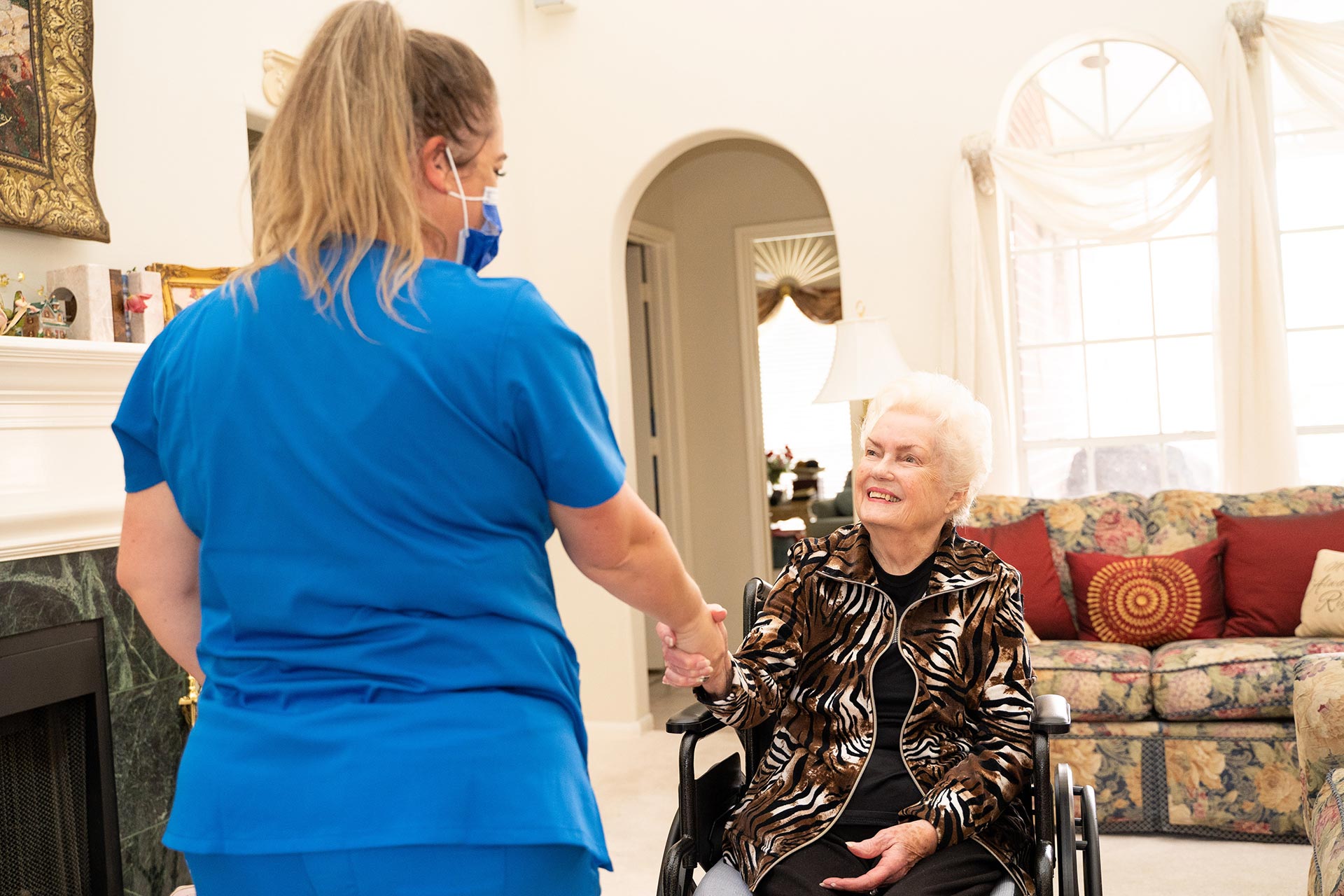November is designated as National COPD Awareness Month, a dedicated time to bring attention to Chronic Obstructive Pulmonary Disease (COPD), which impacts more than 12.5 million Americans. COPD Awareness Month seeks to highlight the importance of education, preventive measures, and community support for those living with this progressive lung disease.
COPD and Its Impact
Chronic Obstructive Pulmonary Disease (COPD) is a broad term that includes two primary respiratory conditions: chronic bronchitis and emphysema. While symptoms may vary among individuals, COPD typically leads to shortness of breath, coughing, mucus production, and wheezing. Often misdiagnosed in its early stages, COPD is a leading cause of mortality worldwide; thus, there is an urgent need for greater awareness and support.
What Diseases Make Up COPD?

Observing National COPD Awareness Month
During November, many educational initiatives are conducted by healthcare organizations, advocacy groups, and community leaders. These efforts seek to provide reliable information about COPD, its risk factors, and the importance of early detection. Local and national groups host awareness events, distribute educational resources, advocate for COPD patient education, and share stories to help people understand the condition’s life-altering effects and learn about ways to prevent chronic bronchitis and emphysema progression.
Can Early COPD Be Reversed?
One of the most frequent questions surrounding COPD is whether it can be reversed, particularly by making lifestyle changes like quitting smoking. Although COPD itself is irreversible, early intervention is critical to slow its progression and manage symptoms. Can early COPD be reversed? While the disease itself remains chronic and progressive, lifestyle changes, especially quitting smoking, can improve lung function and overall health outcomes. November is an ideal month to highlight these health benefits and encourage people to adopt healthier habits for lung health.
The Importance of Preventive Measures in COPD
Prevention is essential to minimize COPD’s impact. Understanding the causes of chronic bronchitis and emphysema is key to prevention, as exposure to specific risk factors often contributes to disease development and progression.
Key Prevention Strategies:

Specialized Care and the Role of Healthcare Providers
Healthcare professionals, especially nurses, play an indispensable role in providing in-home care and support for those living with COPD. From managing medication adherence to educating patients on breathing techniques, these professionals make a substantial impact on patient outcomes and quality of life.
Registered nurses and respiratory therapists are integral in:
National COPD Awareness Month provides an opportunity to recognize these healthcare professionals as critical factors in COPD care, from early diagnosis support to ongoing management strategies.
Taking Action During COPD Awareness Month
Throughout National COPD Awareness Month, we are reminded that the fight against this debilitating lung disease requires community involvement, proactive prevention, and compassionate care. During November, everyone can make a difference by:
- 1
Spreading Awareness – Share reliable information about COPD with friends, family, and colleagues to help others understand the importance of early diagnosis and intervention.
- 2
Supporting Smoking Cessation Efforts – Encourage loved ones to quit smoking, which remains the primary preventive action against COPD. Community groups, workplaces, and healthcare providers can offer smoking cessation resources to those seeking support.
- 3
Advocating for Better Lung Health Policies – Policies that reduce air pollution and promote clean air can significantly improve respiratory health for everyone, especially those with COPD. Individuals and groups can advocate for legislative changes that promote a healthier, cleaner environment.
Lung Disease Awareness and the Future of COPD
With COPD being a leading cause of death worldwide, lung disease awareness remains a priority in public health initiatives. In addition to COPD, there are many other respiratory conditions, including asthma and lung cancer, which affect millions. National COPD Awareness Month is a timeless reminder of the work still needed to ensure better air quality, reduce smoking rates, and support lung health research.
There are many ongoing challenges regarding COPD, but progress can be made with community education, preventative measures, and healthcare support. From taking steps to reduce exposure to lung irritants to empowering COPD patients through education and care, we can all contribute to better respiratory health. Let this November be a month of knowledge, support, and action because small steps taken today can lead to healthier lungs for a lifetime.
Call Signature 24/7 at 1 (800) 277-8291 for excellence in skilled and compassionate home health care.

Your Complete Home Health Care Solution!
ALWAYS ON CALL
| Monday – Sunday | 24 / 7 |
1 (800) 277-8291 (option 1)
COUNTIES SERVED
OUR VALUES
TESTIMONIALS

I love all of my home health people.

All Signature staff as well as therapy were very helpful.

Their services have always been great.

I really love my physical therapist. Gary has helped me so much.

This has been one of the best agencies. Very caring nurses.

I’ve had a really good physical therapist and really nice nurses.

I have had excellent care & would recommended them to anyone.

Gary Dixon is the very best physical therapist in Baytown and Houston Area.

